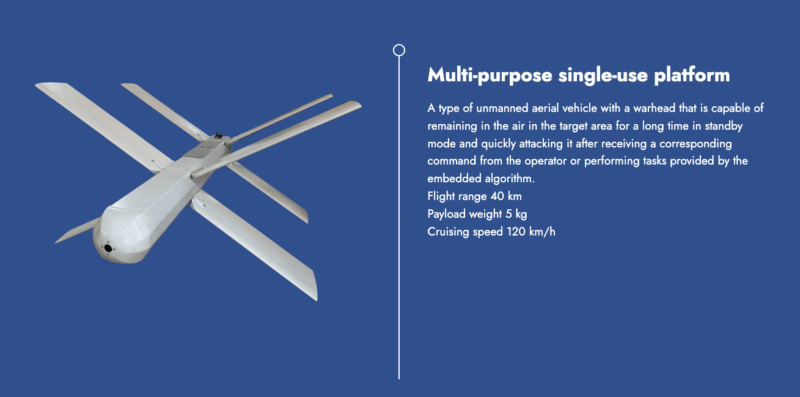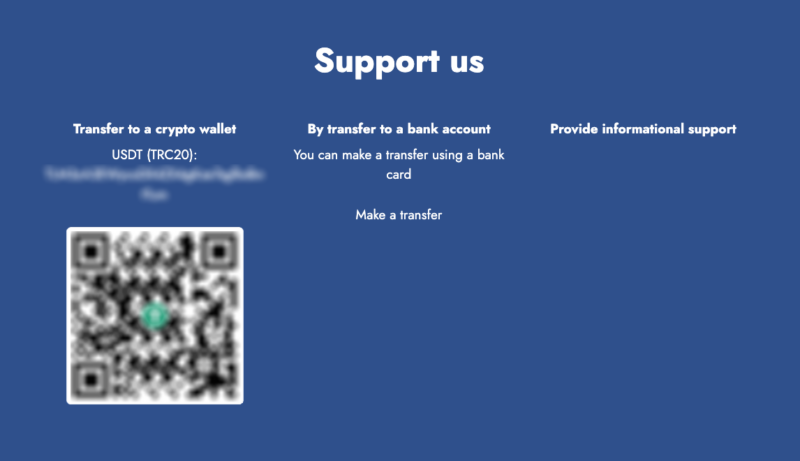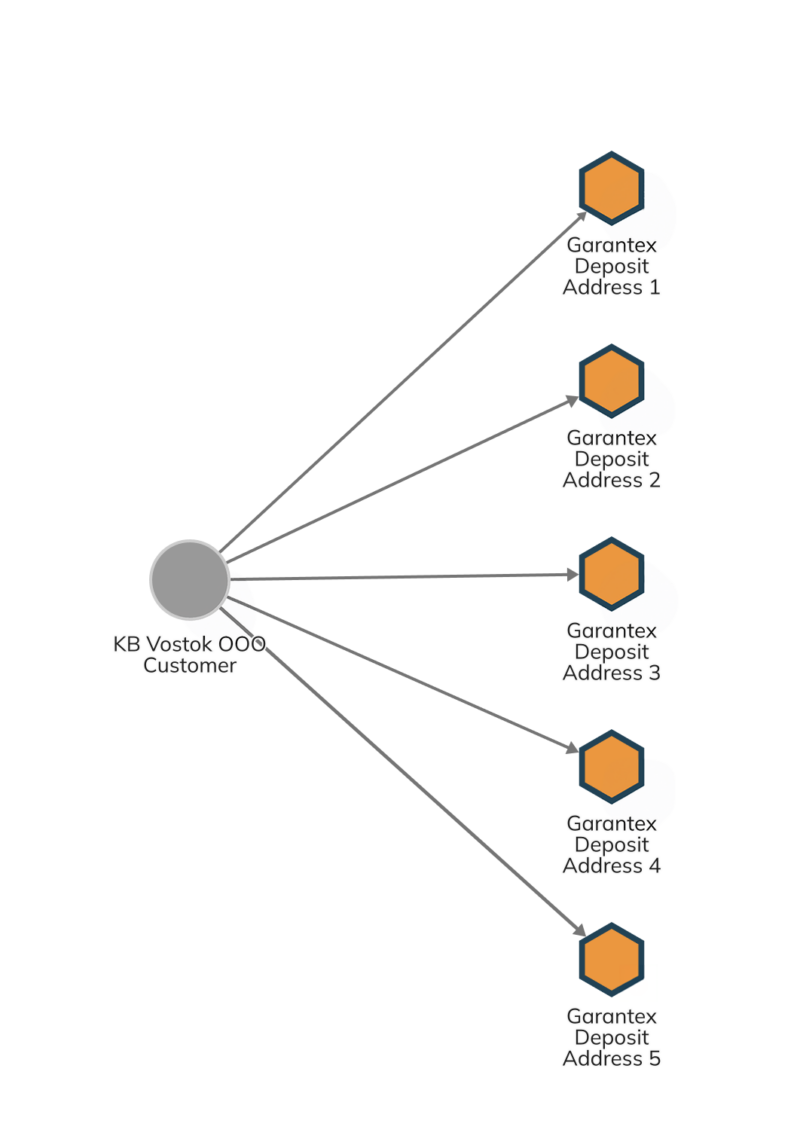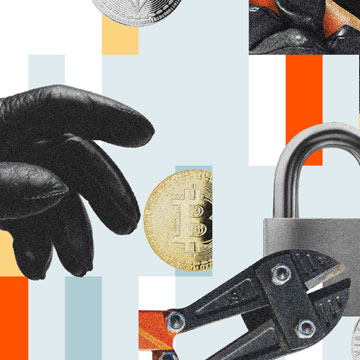On August 23, 2024, the United States Department of the Treasury’s Office of Foreign Assets Control (OFAC) announced further sanctions against nearly 400 entities as a part of ongoing multilateral efforts to weaken Russia’s military supply chain and procurement networks. Among the entities designated today is KB Vostok OOO, a Russian unmanned aerial vehicle (UAV) developer known for designing UAVs used by Russian forces in Ukraine. KB Vostok has not only solicited cryptocurrency donations on its website, but has also likely facilitated sales of drones with cryptocurrency.
Who is KB Vostok?
The company, also known as Vostok Design Bureau, is responsible for designing UAVs deployed by Russian forces, according to the Department of Treasury press release.
The press release describes KB Vostok’s Scalpel UAV as a “one-way-attack platform that can be equipped with a payload weighing up to five kilograms.” The company noted in a statement reported by the Russian news agency TASS in September 2023, “We are in constant dialogue with the military regarding the technical requirements for the aircraft.”
Screenshots show KB Vostok’s promotional materials marketing these UAVs.


Note: This image has been machine-translated from its original Russian version.
According to Russian press reporting, the Scalpel is notable for its simple production and affordable price in comparison to other UAVs in its class, and costs about 200,000 rubles, or approximately $2,200 per UAV. The availability of more affordable UAVs is significant given the intense sanctions pressure faced by Russia, which has worked closely with Iran to acquire and deploy lethal UAVs in Ukraine, and given the broader trend to deploy UAVs in conflict zones that are more sustainable and affordable.
Examining the on-chain activity of KB Vostok
The OFAC designation included a USDT wallet address used to solicit donations, also visible in the screenshot of KB Vostok’s website below.

Note: This image has been machine-translated from its original Russian version.
An analysis of the wallet’s on-chain activity reveals potential purchases of KB Vostok’s cost-effective UAVs. In the Chainalysis Investigations graph below, we see transactions that could represent purchases of the Scalpel.

Of the 18 USDT deposits received by the KB Vostok address included on OFAC’s Specially Designated Nationals (SDN) list, 16 have originated from a single counterparty. As depicted in the above graph, these deposits have often been around the price of, or in multiples of the price of the Scalpel. This could indicate that this counterparty could be purchasing UAVs from KB Vostok.
Given KB Vostok’s direct material support to Russian military operations, and the volumes processed by the counterparty, it is possible the counterparty could be a larger entity within Russia’s military supply chain, likely belonging to a business rather than an individual user. Active since January 12, 2023, this counterparty has processed nearly $40 million in transfers, often transferring funds in the hundreds of thousands or millions of dollars at a time.
Additionally, the counterparty has used multiple deposit addresses at the sanctioned Russian exchange Garantex. These deposit addresses cumulatively processed more than $100 million in USDT, indicating that if this wallet’s owner is affiliated with Russia’s military supply chain, they are leveraging Garantex extensively to facilitate the activity, as seen below.

Targeting cryptocurrency use by Russia’s war machine
The OFAC designation of KB Vostok, including its associated wallet address, highlights an ongoing trend in the use of cryptocurrency to fund military activities within Russia’s war machine. Like other sanctions targeting Russia’s military operations involving crypto, this action underscores the critical role blockchain analysis plays in tracing and disrupting these efforts.
As cryptocurrency becomes increasingly integrated into the global financial system, the U.S. government’s ongoing efforts to disrupt the financial facilitation networks of Russia’s military-industrial complex, including through cryptocurrency, affirm its commitment to weakening adversarial military capabilities and supporting the defense of Ukraine. The designation of nearly 400 entities not only in Russia, but across the world — announced the day before Ukrainian Independence Day (August 24) — speaks to this resolve.
This website contains links to third-party sites that are not under the control of Chainalysis, Inc. or its affiliates (collectively “Chainalysis”). Access to such information does not imply association with, endorsement of, approval of, or recommendation by Chainalysis of the site or its operators, and Chainalysis is not responsible for the products, services, or other content hosted therein.
This material is for informational purposes only, and is not intended to provide legal, tax, financial, or investment advice. Recipients should consult their own advisors before making these types of decisions. Chainalysis has no responsibility or liability for any decision made or any other acts or omissions in connection with Recipient’s use of this material.
Chainalysis does not guarantee or warrant the accuracy, completeness, timeliness, suitability or validity of the information in this report and will not be responsible for any claim attributable to errors, omissions, or other inaccuracies of any part of such material.

